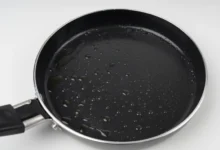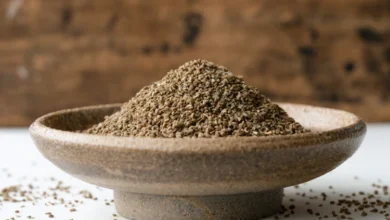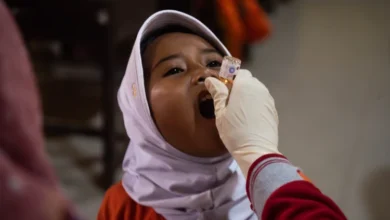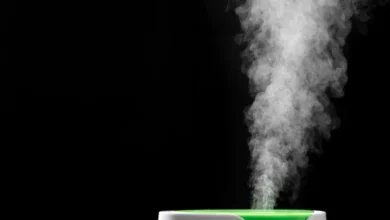10 Signs Your Back Pain Might Be a Kidney Stone
Recognize the Symptoms of Kidney Stones and Back Pain to Seek Timely Treatment
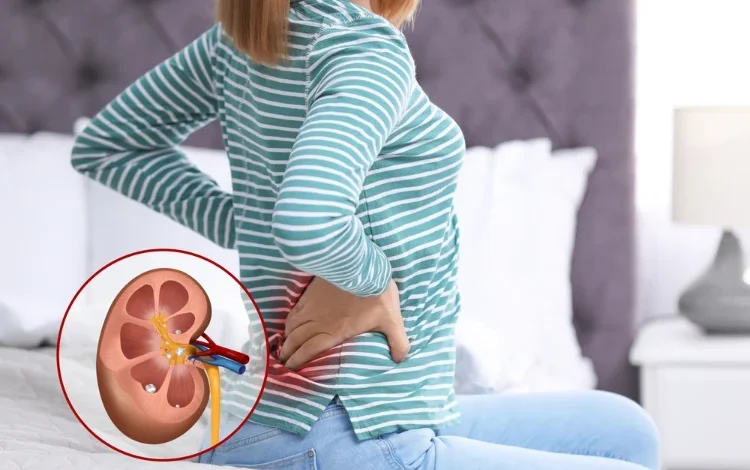
Back pain is a common symptom of kidney stones, but how can you tell if it’s a kidney stone or just a typical backache? Here are some key signs to look for:
1. Pain on One Side of Your Lower Back or Underneath Your Ribs
Kidney stone pain is usually felt on one side of the lower back or on the sides beneath the ribs. General back pain can occur anywhere on the back, so pain in the middle back or shoulders is less likely to be a kidney stone.
2. Pain That Comes and Goes in Waves
Kidney stone pain varies in intensity as the stone moves through the urinary tract. Backache pain is usually constant. Dr. Mike Nguyen, a urologist at Keck Medicine of USC, explains that kidney stone pain starts near the kidney, moves toward the abdomen, and eventually down to the groin.
3. Pain That Doesn’t Go Away When You Move
Back pain may improve with a change of position. Kidney stone pain, however, persists regardless of movement and may even worsen with certain positions.
4. Severe Pain
While back pain can range from mild to severe, kidney stone pain is almost always severe and can be sharp or dull. It is often compared to the pain of childbirth.
5. Blood in Your Urine
Kidney stones can cause urine to appear pink, red, or brown.
6. Painful Urination
Experiencing pain while urinating can be a sign of kidney stones.
7. Frequent Urination
Kidney stones can increase the urge to urinate, often resulting in only a small amount of urine being passed. Dr. Nguyen notes that this urge can intensify when the stone is near the bladder.
8. Foul-Smelling Urine
An unusual odor in your urine may indicate the presence of kidney stones.
9. Nausea and Vomiting
Kidney stones can cause nausea and vomiting.
10. Fever and Chills
If you have a fever and chills along with back pain, it could mean you have a urinary tract infection.
If you experience any of these symptoms along with back pain, contact your doctor immediately. It’s advisable to seek immediate medical attention if the pain is unbearable, associated with fever or chills, or if nausea and vomiting prevent you from keeping down fluids or medications..
References:



